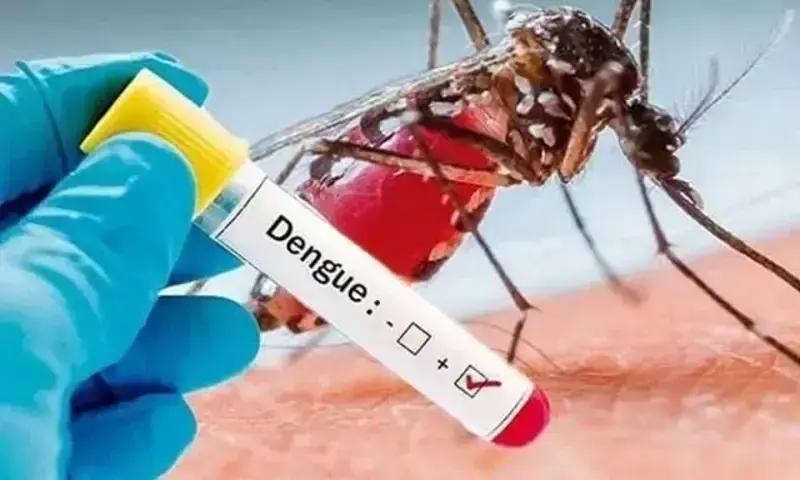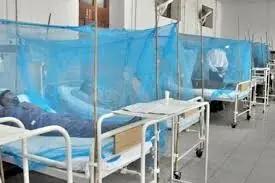Doctors have advised pollen allergy patients to use masks.


Islamabad: The amount of pollen emitted from plants in Islamabad is continuously increasing and has now been recorded at 45,916.
After the increase in the amount of pollen in the air, the number of allergy diseases has increased among citizens, while asthma and respiratory patients are being severely affected by the increase in pollen.
According to reports, the number of allergy-affected patients in hospitals has also increased. Doctors have advised pollen allergy patients to use masks.
According to the Meteorological Department, the highest amount of pollen was recorded in Sector H8, while the amount of pollen in Sector G6 was 12,628, in Sector E8 11,019, and 8,251 in Sector F10.
Experts have expressed concern that the amount of pollen particles may increase further. Therefore, citizens should be careful and especially pollen allergy patients should use masks.
What is pollen allergy?
Pollen allergy, also known as ‘hay fever’ or ‘seasonal allergy,’ is an allergy caused by pollen (dust from flowers, trees, and grasses). When these pollen particles enter the nose, mouth, or eyes of a person through the air, the body’s immune system reacts to them as a threat, causing allergy symptoms.
Causes
The main cause of a pollen allergy is the body’s immune system, which mistakenly identifies the pollen as dangerous and makes antibodies against it. During this process, the body releases a chemical called ‘histamine,’ which causes allergy symptoms. This allergy usually occurs in people who have a sensitive immune system or who have a family history of allergies.
Symptoms
Some common symptoms of pollen allergy include:
- Runny or stuffy nose
- Sneezing
- Itchy, red, or watery eyes
- Sore throat or cough
- Headache or fatigue
Prevention
Stay indoors:
Especially in the morning hours, when the amount of pollen in the air is higher.
Keep windows, doors closed:
So that pollen particles cannot enter the house.
Wear mask:
Using a mask when going out can prevent pollen particles from entering through inhalation.
Wash clothes, hair:
Wash clothes and hair after coming from outside to remove pollen particles.
Antihistamines:
Using anti-allergy medications as recommended by a doctor can reduce symptoms.
Treatment
If the symptoms are severe, it is important to consult a doctor. Your doctor may prescribe anti-allergy medications, nasal sprays, or allergy shots (immunotherapy), which can be part of a long-term treatment.
Although pollen allergies can be uncomfortable, their effects can be minimized with precautions and proper treatment.
NFL playoff-clinching scenarios: Which teams can secure a berth in Week 16?
- 7 hours ago

The low, low cost of ending extreme poverty
- 6 hours ago

Inside the high drama of the iPhone 4
- 8 hours ago
Pakistan Navy launches fourth Hangor Class submarine 'Ghazi' in China
- 15 hours ago

The global shadow economy behind Trump’s latest move on Venezuela
- 6 hours ago

Tremors felt in Balochistan's Barkhan district
- 19 hours ago

Everything is a mockumentary now, thanks to Rob Reiner
- 6 hours ago
India summons Bangladesh envoy over security concerns in Dhaka
- 19 hours ago

You need to listen to Sudan Archives’ violin opus for the club
- 8 hours ago

Met Office forecast rain, snowfall from Dec 20
- 16 hours ago
NDMA dispatches 27th aid consignment for Palestinians
- 18 hours ago
What is going on with Trevon Diggs and the Dallas Cowboys?
- 7 hours ago







